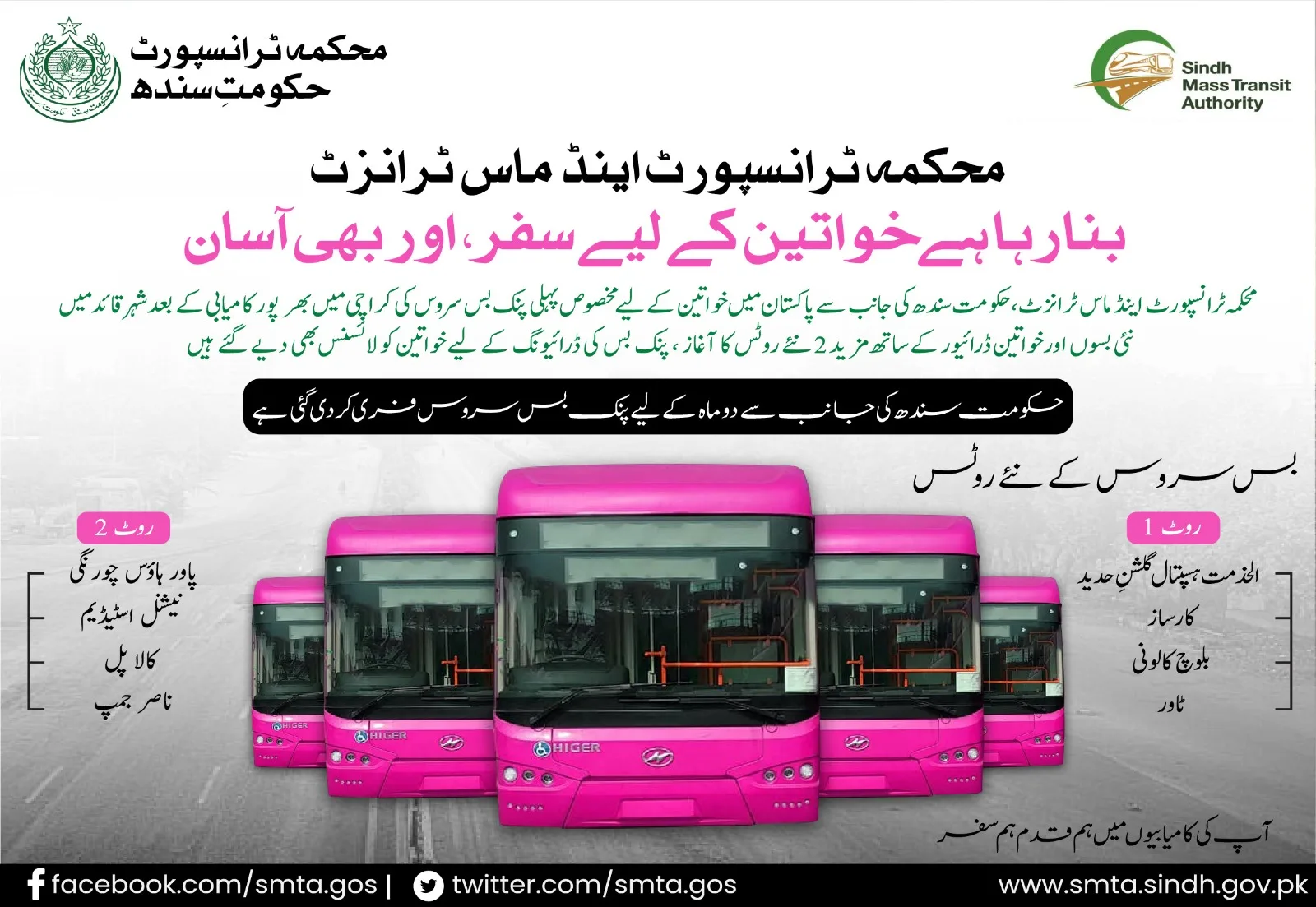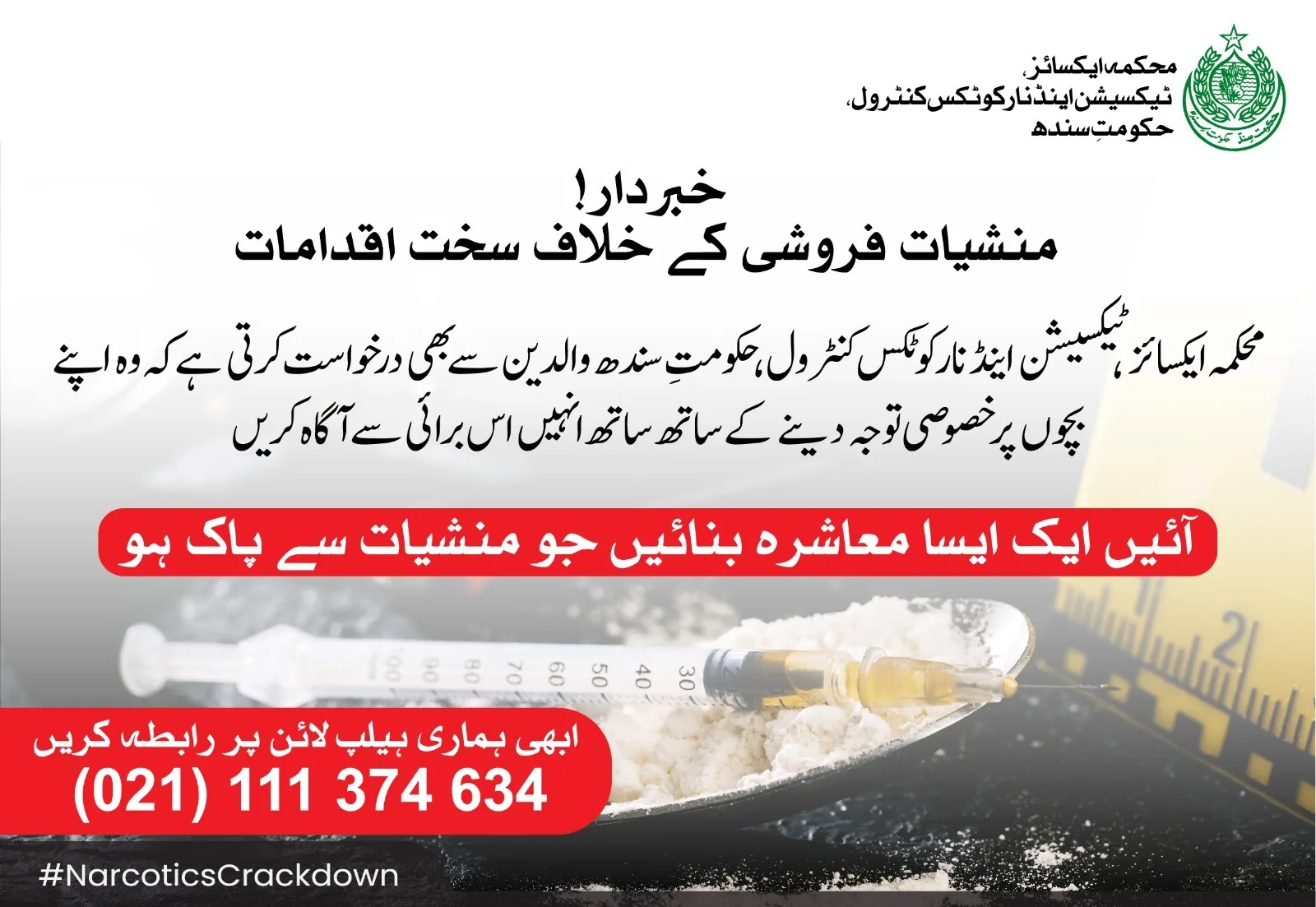FPCCI Calls For Restriction Free World Economy

KARACHI, Oct 26 (APP): The political economy of trade is governed by trade policies and in the situation created by COVID19 pandemic many countries are using ad-hoc restrictions on imports and exports.
As a result, the domestic requirements against the post COVID19 production levels are preferred over trade options being picked up which is against the restriction free trading discipline in the political economy of the World Trading Rules, said Engr. M.A. Jabbar, Convener FPCCI Standing Committee on WTO Affairs during an interactive webinar titled “COVID19: Impact On The Political Economy Of World Trading Rules” organised by Federation of Pakistan Chambers of Commerce and Industry here.
According to an FPCCI statement Monday, the event was attended by senior analysts, economists and prominent businessmen. Most prominent among them were Joint Secretary (WTO Wing) Federal Ministry of Commerce, Ms. Aisha Humera Moriani, Joint Economic Adviser to Federal Ministry of Finance, Sohail Hanif, Senior Joint Director EPRD, State Bank of Pakistan, Sajjawal Khan, Farhan Zafar from SMEDA, Ms. Nazia Azfar from IOBM, and Jamil A. Naz from Lahore Chamber of Commerce and Industry.
During the discussion, Engr. M.A. Jabbar said that in the recent past after receiving 500 million dollars grant from World Bank, almost all the protective SROs on tariff differential supports for domestic industrial goods manufacturing were scrapped in the country. These SROs were acting as differential tariff protection; a bridge between the tariff rate imports of similar finished goods and raw materials imported for domestic production as import substitutions. He said the development of the economy after the COVID19 pandemic appeared to be more inclined towards ad-hoc policy arrangements of increasing tariffs, para tariffs i.e. additional custom duties, regulatory duties and more extra judicial exercise of imposing anti-dumping duties at the beginning.
He maintained that through these exercises, the tariff policy board and National Tariffs Commission had escaped the fact that raw materials being imported at 20% duties are attracting 7 percentage additional customs duties, and in some cases regulatory duties are also imposed. This erodes the cost competitiveness of domestically produced goods against the similar finished goods imported at a cheaper price as those are already subsidised in the shape of infrastructure and cheaper input costs support.
On the other side, he said, conventional exports from Pakistan with resource based comparative advantage with subsidies are not picking up, and each and every review of our trade policy by the WTO has been advised for diversification in economy. Pakistan being a major cotton producing country has a very nominal share in the world trade of textile products. The new developments and diversifications as the supplementary options are again under the pressure of high cost inputs for the export recognised sectors, more commonly termed zero rated sectors.
The concept of infancy of development is more appropriate to consider supports and subsidies for industries which are inward oriented and have to become outward oriented production units in future, as well as serving the demand of diversification in the economy.
Concluding the webinar delibrations, Incharge WTO Cell of FPCCI, Engr. M.A Jabbar said the budgetary measures taken are still being debated in terms of higher cost of imports by imposing 5.5% withholding taxes at import stage to identify the raw materials and finished consumer items for appropriate lower levy of WHT on imported raw materials for industrial production. The strength of groups which could manage lower withholding taxes is again subject of influence and over advocacy, and is further backed-up by the hired tax consultants.
During COVID19, the country had also applied import and export restrictions which were short-lived. Those also appeared to be less reported in WTO under political economy of world trading rules. Meanwhile other countries, for even a slight change in the trade policy, were timely reporting to the WTO to seek qualification of the change in the trade policy.
He said the COVID19 losses and their impact on the weaker economies required the appropriate spread over of Government of Pakistan interventions to prioritise helping the weaker segments of the economy to retain the future incremental entrepreneurship, which in Pakistan is claimed to be more than 30% in the form of the informal economy. The emphasis on tax collection instead of capacity building is not the right direction to claim documentation.
Joint Secretary (WTO Wing) Federal Ministry of Commerce, Ms. Aisha Humera Moriani, said that since the gradual shift in the dynamics of the international politics, the dynamics of global trade has also changed with time. COVID19 has reduced the significance of existing trading rules and it is time that thd WTO realise the need of present changing scenarios and advances its policies and regulations timely.
She said that the country also needs to encourage the trade in services which has increased up to 20% of the world’s total trade as compared to 9% in 1970 and is also estimated to increase up to 40% by 2040. Our planning and policies may be focused on this incremental economic issue in matter of services.
Joint Economic Adviser to Federal Ministry of Finance, Sohail Hanif, said that indeed exports and tourism have seen a major downfall due to the COVID19 pandemic, not even in Pakistan, but around the world, and hence the economic development in different countries requires policy interventions including functional ones. This would enable the country to manage the development with efficiency and be in a position to respond to the ongoing increased qualitative and competing cost of production in countries against which we are sharing imports for our domestic needs. This would also help in reinforcement of our needs to attempt increasing exports.
Sajjawal Khan was of the view that as nationalism took over activism, and many changing international scenarios made economies go into protectionism and restrictions, it is important for the WTO to re-originate itself.
Stay tuned to Baaghi TV for latest news and updates!
Islamophobia, Punjab and KP Assembly condemn stance taken by France











